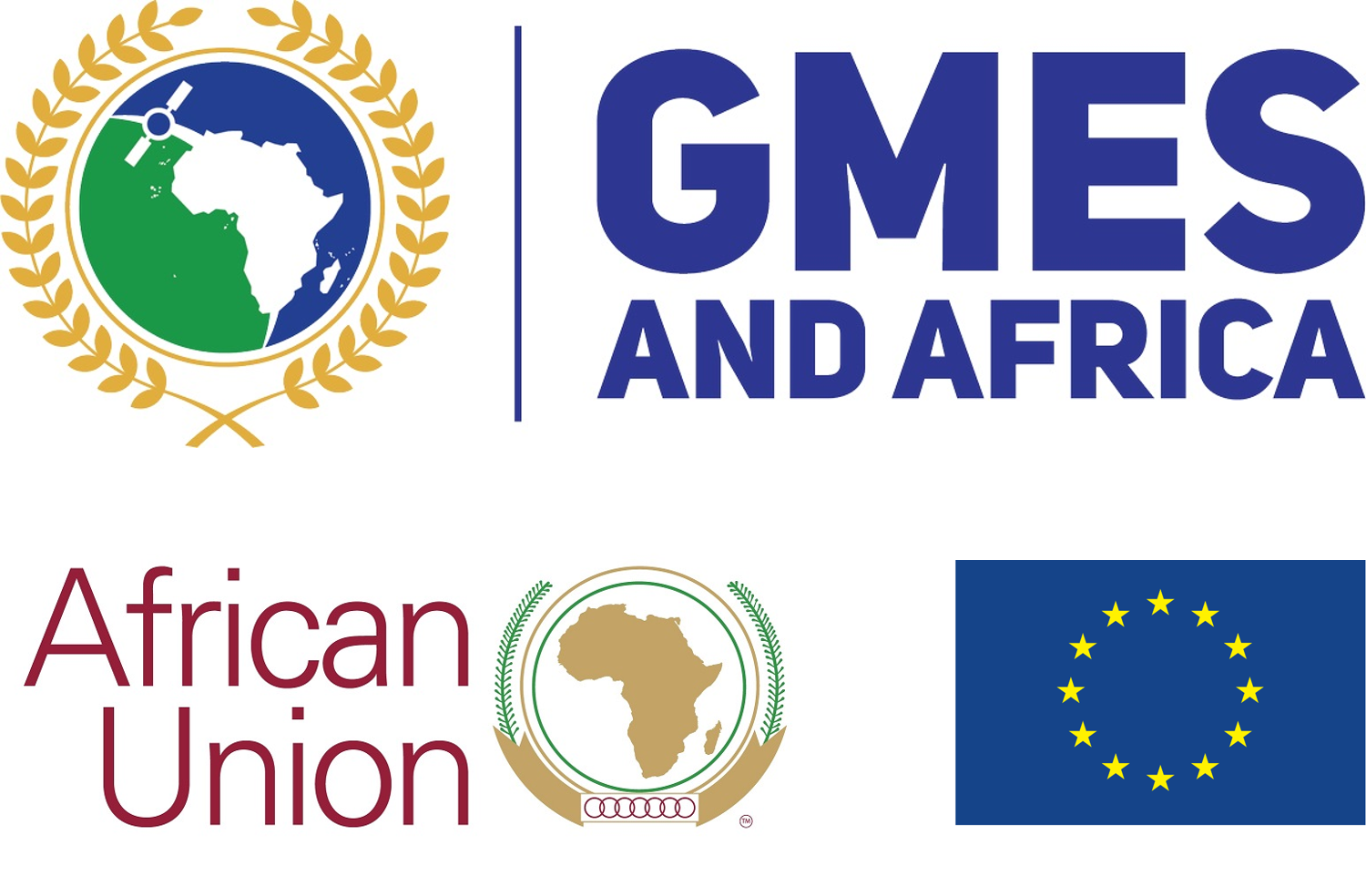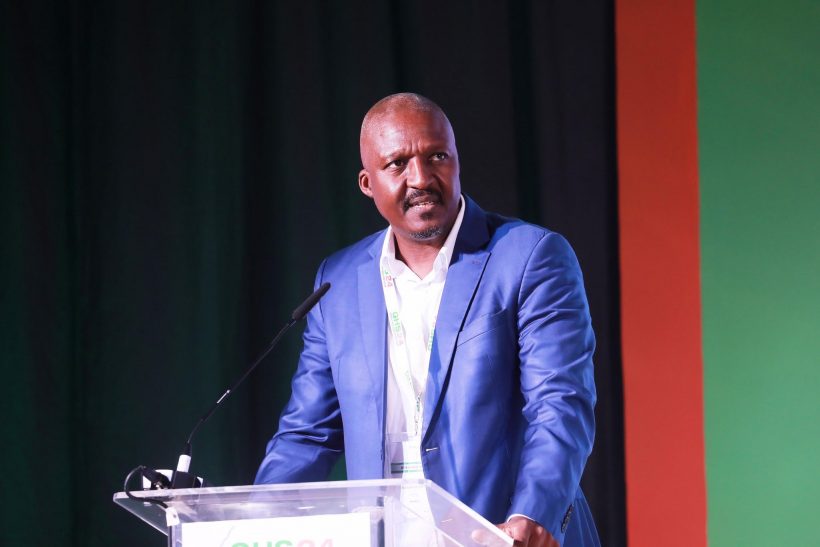March 22, 2025
On this World Water Day, under the theme “Glacier Preservation,” we are reminded of the critical importance of protecting our water resources, both frozen and flowing. As we look at the disappearing glaciers across the globe, we must also acknowledge the vital role played by wetlands in safeguarding freshwater quality and biodiversity—elements that are essential for the survival of our ecosystems and the wellbeing of our communities.
At the Southern African Science Service Centre for Climate Change and Adaptive Land Management (SASSCAL), we recognize that water is a shared and finite resource and that water is a key element of life and environmental well-being, providing multiple benefits ranging from supporting ecosystems and climate regulation. Through our WeMAST Project—which focuses on sustainable wetlands management in Southern Africa—we aim to protect these vital ecosystems that not only enhance the quality of water but also ensure its availability for future generations.
Wetlands, often referred to as the “kidneys of the Earth,” serve as natural water filters, removing pollutants and regulating water quality. They play a critical role in maintaining the balance of freshwater systems, which is directly connected to Sustainable Development Goal 6—ensuring the availability and sustainable management of water and sanitation for all.
In our pursuit of achieving SDG 6, SASSCAL has developed the WeMAST Geoportal, an innovative platform that provides real-time access to Earth Observation data. This Geoportal, which is available to communities across the Southern African Development Community (SADC), allows for the monitoring of wetlands health, water quality, and biodiversity. By utilizing satellite data & products, the platform supports informed decision-making, enabling governments, environmental experts, and local communities to track changes, manage resources sustainably, and respond proactively to potential water crises.
The WeMAST Geoportal plays an essential role in advancing our efforts to monitor the health of wetlands, understand their contribution to water quality, and safeguard biodiversity. By offering critical data on the state of wetlands, we empower local communities and stakeholders with the knowledge needed to protect these ecosystems that are integral to ensure clean water for all. Through capacity building training under WeMAST, we aim to cultivate a skilled workforce capable of driving innovation, addressing societal challenges related to climate change and wetland management in the SADC Region.
As we commemorate World Water Day, we call upon all stakeholders—governments, NGOs, Civil Societies, local communities, and individuals—to recognize the irreplaceable value of wetlands in the global water cycle. The preservation of glaciers is crucial, but we must also give equal attention to preserving the ecosystems that directly impact the water we rely on daily.
Let us work together to protect and restore wetlands, ensure the sustainability of freshwater resources, and continue advancing the objectives of SDG 6 through collaborative efforts. The WeMAST Project is one such significant step in this direction, and we invite everyone to join us in ensuring that wetlands remains a source of water and supports life for the present and future generations.
Together, we can preserve both glaciers and wetlands, ensuring clean and accessible water for all.
Thank you.
Issued by the Southern African Science Service Centre for Climate Change and Adaptive Land Management (SASSCAL) interim Executive Director Dr Budzanani Tacheba




Leave a Reply